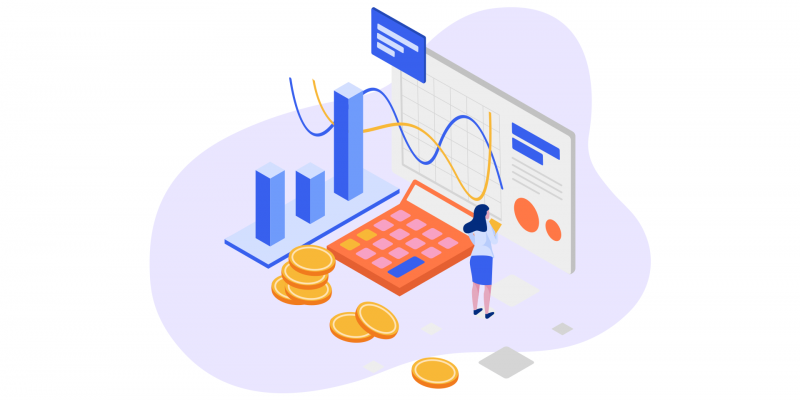PPC is an ideal solution for advertisers wishing to sell their products to individual customers. The fierce battle for sales leads is not only a B2C market segment but also B2B. The presentation of products through advertising in search engines is becoming more and more courageous and replacing the traditional stationary trade fairs for this market. Many will think that it is not the same. Being able to see and touch the presented products they will choose this option. However, the possibility of choosing front of a laptop screen is nevertheless tempting, hence the demand for advertising reaching businesses through PPC ads.
Below, we will explore the connection between the B2B market and PPC advertising and present some tips on how to optimize your advertising to be as profitable as possible.
Features of the B2B market
The B2B market is much smaller than the one addressed to an individual customer. Nevertheless, the purchase of your products or services by other companies is greater, hence the great interest of PPC advertisers.
PPC advertising must be perfectly targeted to the person who is to make the purchase. It can be a company director, a person responsible for the supply segment or a company accountant. When creating an advertisement, keep in mind whom it is to be addressed to.
The difference between buying for business and purchasing as an individual customer is, in addition to the size of the order, primarily the comparison of offers by the buyer. While in retail, the use of various marketing tricks to make the buyer buy immediately makes sense, in B2B sales, the person responsible for the purchase will want to examine your offer more thoroughly. Remember to provide all the specifications and information the customer may need.
Additionally, B2B sales are much more time consuming than B2C sales. Considering all pros and cons, comparing other offers, discussing the purchase with your authority extends the time of decision making. Thus, the return on PPC advertising will similarly increase.
PPC guidance for B2B
- Research - when creating an advertising campaign targeted at other companies, you have to get deeply into the structure of the product you are selling. Companies often specialize in creating a particular model or element of a larger entity. For example, let's assume that you are producing countertops made of solid oak wood intended for use in joinery, where they are assembled into complete tables. By creating an advertisement for "solid wood countertops" you extend it to all those who are also interested in a product from other types of wood. This makes the budget for advertising wasted because the advertisement will be directed to customers who are not interested in oak.
- Keywords - one of the rules when creating content is to use the language of your audience. Here this rule applies as anywhere else. People looking for products for companies quite often use a very technical, branch and specialized language. Sometimes, instead of typing in the full phrase, they prefer to type in the model or element code they need. Let your advertisement be the equivalent of the language used by your potential customers.
- Campaigns and advertising groups - try to target your offers using appropriate phrases and keywords for a given level in the sales funnel. Such a highly personalised offer may prove invaluable, as it will allow you to monitor sales in a specific location in the sales funnel and further focus on the campaign that sells best.
- Advertising content - in addition to the technical language mentioned above, a significant difference in the B2B market is CTA. We would primarily address such messages to individual customers as: "buy now" or "order today", and for the B2B market the much more desirable CTAs would be: "get more information" or " contact our consultant".
- Measurement - PPC monitoring is also extremely important for the B2B market due to the extended sales cycle. Remarketing is also a great idea in this case. The comparison of offers, their analysis and purchase decision is longer than in the case of individual purchases. Reminding about your offer will support PPC advertising. Money invested in the advertisement placed today may be returned to your account only after a considerable time.
To sum up - we have to remember that when turning in a business focused on B2B sales, our potential customer probably knows the product that interested him/her very well - maybe as well as we do. We cannot exclude the possibility that he has already seen it in a stationary store, saw it at trade fairs, and only afterwards and via the Internet will he decide to purchase it. So we should not use the same marketing tricks as concerning the individual customer. Let's also bear in mind that PPC advertising for the B2B market may not bring an immediate payback, because the sales process itself takes longer, but also is not retail oriented. In this case, patience and long term thinking will start to bring the desired benefits over time.
In the following posts, we will discuss even more about online marketing. Be attentive, follow our blog and deepen your knowledge!








